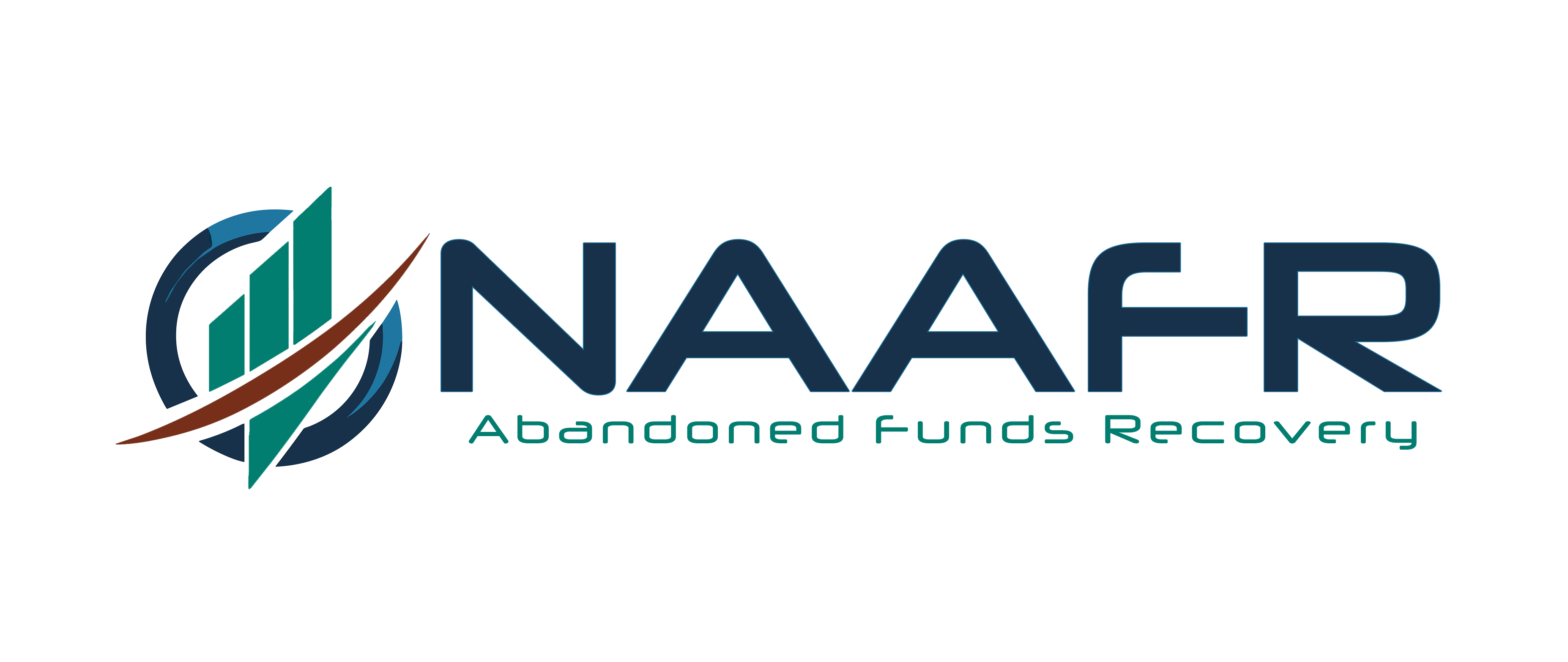Claiming surplus funds after a foreclosure or tax sale can be a complex process that requires thorough documentation. Keeping accurate records is essential to successfully navigating this process and ensuring that you receive the funds you are entitled to. In this article, we will explore why maintaining proper documentation is critical and provide tips on organizing your records for surplus funds recovery.
Why Accurate Records Matter for Surplus Funds Claims
Surplus funds claims involve several steps, including proving your right to the funds, filing a claim with the appropriate authority, and responding to any inquiries or disputes. Accurate records are crucial for several reasons:
- Proof of Entitlement: To claim surplus funds, you must provide evidence that you are the rightful owner or heir. Documentation such as property deeds, proof of identity, and court orders is necessary to establish your claim.
- Avoiding Delays: Missing or incomplete records can delay the processing of your claim or lead to denial. Keeping all relevant documents organized and readily available can help prevent unnecessary delays.
- Resolving Disputes: If there are disputes over the surplus funds, having thorough documentation can strengthen your position and provide the necessary evidence to support your claim.
- Compliance with Legal Requirements: Different states have specific requirements for surplus funds claims, including deadlines, forms, and documentation. Accurate records help ensure compliance with these requirements, reducing the risk of errors or denial.
Key Documents to Keep for Surplus Funds Claims
To effectively pursue a surplus funds claim, make sure to keep the following key documents:
- Property Deeds and Titles: Proof of ownership or transfer of the property.
- Proof of Identity: Government-issued identification such as a driver’s license or passport.
- Correspondence: Letters, emails, and notices related to the foreclosure, tax sale, or surplus funds claim.
- Financial Records: Documentation of any payments, debts, or transactions related to the property, including mortgage statements and tax receipts.
- Court Orders: Legal documents such as court orders or probate records, especially if you are claiming on behalf of a deceased homeowner.
Tips for Maintaining Accurate Records
Here are some practical tips for keeping your records organized and accessible:
- Create a Dedicated Folder: Keep all documents related to the property and surplus funds claim in a dedicated folder, whether digital or physical.
- Label and Date Documents: Clearly label all documents and note the date they were received or created to make it easier to reference them later.
- Make Copies: Make copies of all important documents and store them in a secure location. Consider keeping both digital and physical copies for added protection.
- Stay Updated: Regularly check for any new notices, letters, or updates regarding your claim, and add them to your records promptly.
Conclusion
Keeping accurate records is vital for a successful surplus funds claim. Proper documentation helps prove your entitlement, avoid delays, and resolve any disputes that may arise. By staying organized and diligent, you can increase your chances of recovering the funds you are owed after a foreclosure or tax sale.



